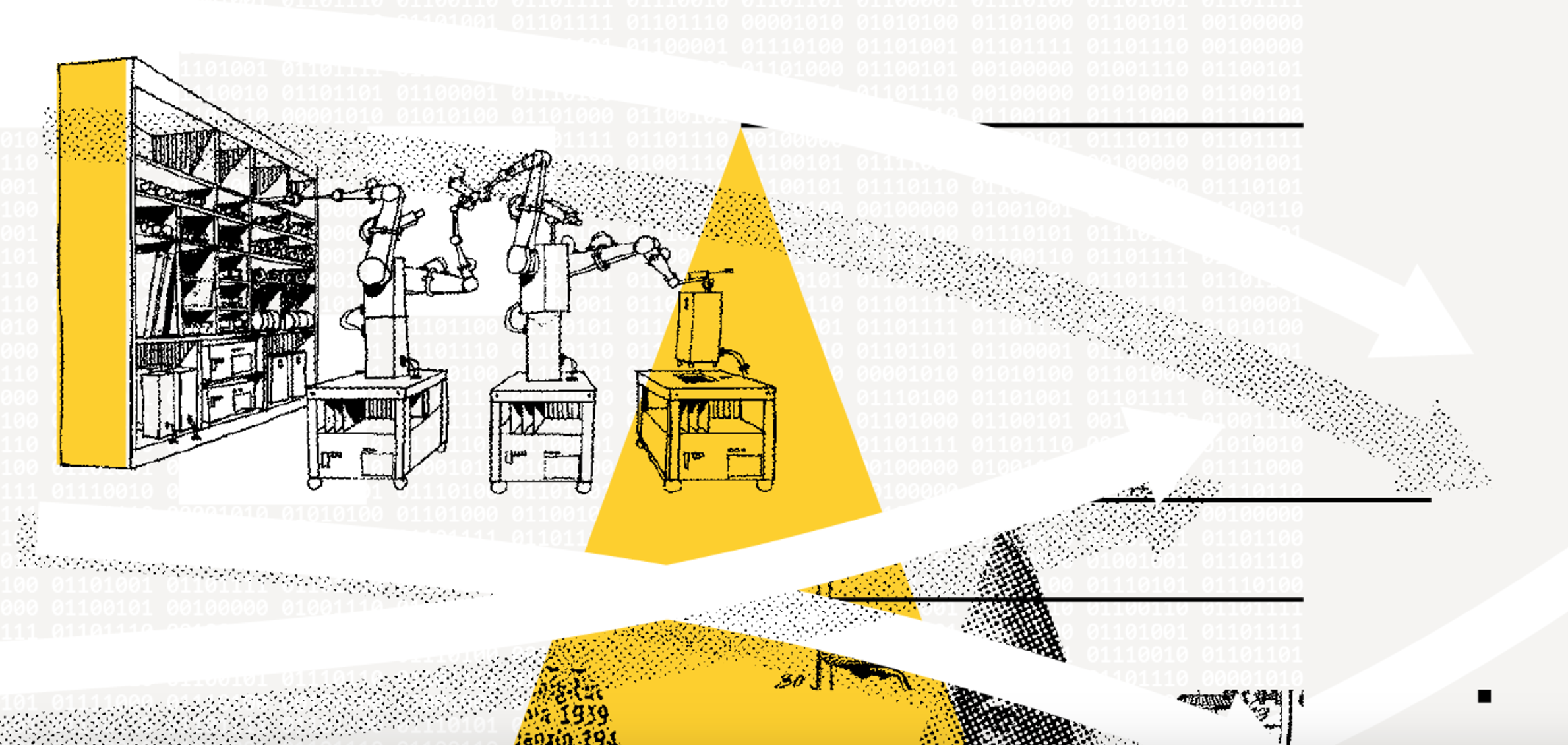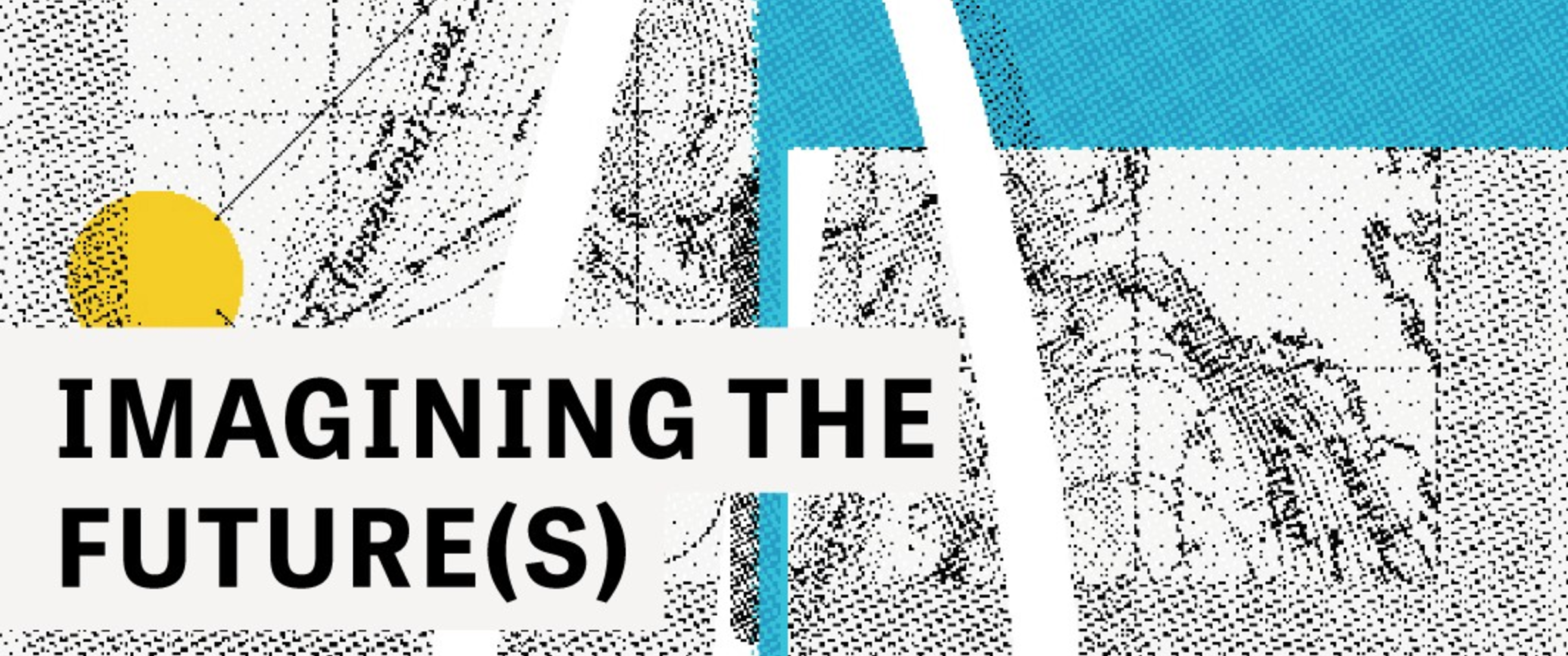
What if? Navigating the uncertainties of our potential futures
Beginning in late 2015, Knight Foundation began a journey to get a better handle on how the conditions surrounding our work could change. We started by asking: “How will people be informed and engaged in our democracy between now and 2026?”
We were not trying to predict the future. Rather, we sought to develop plausible stories about what alternative futures might look like to facilitate discussion over critical questions on how to best fulfill our mission today and tomorrow.
Thinking broadly about several possible futures demanded an uncommon degree of institutional soul-searching and forbearance. Concrete answers to questions such as those we posed do not always readily present themselves, and the process of seeking them required reflection on the broader context of our work—and the likelihood of tectonic shifts that could have a significant impact on Knight’s areas of concern: communities, the arts and journalism.
Our gaze forward ultimately resulted in the development of three scenarios that attempt to position these areas of interest within the uncertainties of the broader world. They incorporate contributions from over 200 key thought leaders in various industries. We spoke to people close to our grant-making as well as far beyond our current areas of focus. Our inquiry was primarily domestic, but we also sought to gain a perspective on the relevant global context.
By the end of the process, we had developed three distinct scenarios:
Divided Nation in Malaise: This scenario describes a spiral of gradual decline, with a weak economy and growing socio-economic chasms feeding and mutually reinforcing each other. This is an America building walls and drifting apart, under the leadership of a populist, isolationist government.
Rising Tides Lift Many: This scenario depicts a world of adaptation and prosperity. New technologies drive a booming economy, akin to the growth that characterized the second half of the 1990s with the dot-com boom. The absolute standard of living rises for all, even though many relative differences remain.
The Next Information Revolution: This scenario highlights the implications of profound societal shifts due to further automation of work with the help of machine intelligence. A deep social crisis erupts from massive job displacement due to artificial intelligence, big data, machine learning and predictive analytics.
The three scenarios represent boundaries of potential futures. They are not equally likely, but each is intended to depict a possible, if extreme, future. They are also not meant to be predictive. Instead, they provide guideposts that help us to understand potential futures and inform our work. They are provocative, and deliberately so. In some cases, we stretched projections further than many of our experts would bet on.
We recognize that the scenarios are also imperfect and complete; they provide a view from the limited vantage point of the issues that matter foremost to us. Some readers might scrutinize gaps in the list of forces and concepts we developed. Other readers might challenge how we conceived and prioritized potential forces of change. Others still might draw radically different conclusions.
This is exactly the discussion we intend. The goal of this exercise was to widen our gaze about the broad context of our work. We’re releasing this work to aid us – and others – to push this conversation forward.
Medium is an ideal platform for this. Write a response to a specific passage, to a scenario, or to the whole exercise. Tell us where you believe we went wrong, and where we are on track. Help us imagine alternative futures than the ones described here. Most importantly, share your thoughts with your colleagues and networks.
Help us think about different directions events might take to enable all of us to think critically about how best to support informed and engaged communities in a dynamic and unpredictable world.
Sam Gill is vice president for learning and impact and senior adviser to the president at Knight Foundation. Email him at [email protected] and follow him on Twitter @thesamgill.
R
-
Information and Society / Report
-
Arts / Article
-
Technology / Article
Recent Content
-
Artsarticle ·
-
Artsarticle ·
-
Artsarticle ·



